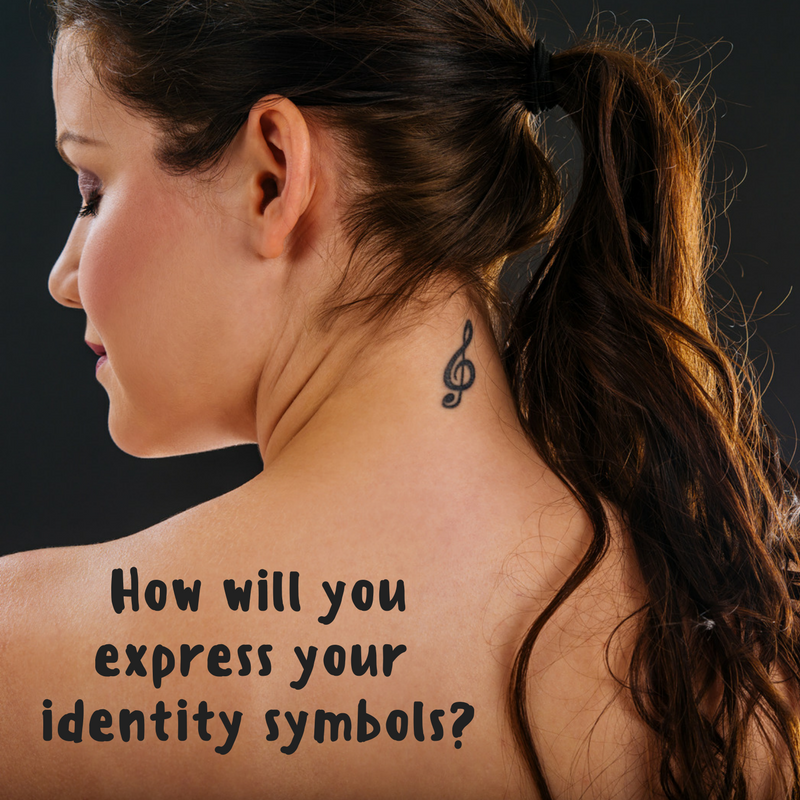Identity and belonging: the importance of symbols and allegiances
My teenage daughter rarely leaves the house in an outfit which doesn’t indicate her support and feeling of connection with a range of different brands.
She doesn’t consider them as brands of course, mostly she would describe them as people who create music or art which expresses something her idealistic millennial self feels or believes in. By displaying a wristband or t-shirt or pin-badge, she proclaims that identity either to the world, or sometimes just to a self-selecting cohort of other fans - a symbol which means nothing to the majority of her peers, never mind hopelessly uncool parents. She would further contend that the designs themselves are attractive and reflective of her style, a halo-effect which seems almost universal: Which teenager is going to say ‘I love their new album, but I hate their logo’?
As she gets older she may express her identity in other, less obvious ways - I know what music I love, and can be just as passionate about as my daughter (she must have got the gene from somewhere), but I express this through playlists rather than apparel generally.
I don’t tend to wear clothing with brand names visible on it, other than a couple of discreet fashion logos. The brands I am loyal to, I tend to express this in other ways, such as direct consumption (like my playlists) Jurgen Appelo has suggested that the ultimate test of loyalty to a company worked for is whether team members would be proud to wear a t-shirt displaying its logo - an idea I can get behind in principle, but for me a lot would depend on whether it matched my mood or outfit or whether I found it attractive, in terms of wearing it on my own time. And if it were not my time, then it’d be more of a work uniform rather than an identity statement.
I like the idea though, of driving unity through visual identity, and it’s a valuable team exercise.
And it’s when apart from the main group, the need to express allegiance indicates a deeper pride and sense of connection. Just as my daughter is no longer at that rock festival, her t-shirt reminds her how much she enjoyed it and looks forward to next time. And the British expat communities in our Mediterranean town go all-out for Burns Night, St Patricks, and all kinds of nationalistic festivals they barely marked when living in their native lands.
So let’s make sure that symbols of identity remain positive and expressive, instead of being regarded as segregational or representing divisiveness. It’s a basic human need to connect with others, and that means yet others you do not feel connected to. So long as that connectedness and the warm feelings it brings can remain front and centre, there’s no need to criticise, attack or withdraw from others who connect to different groups.
